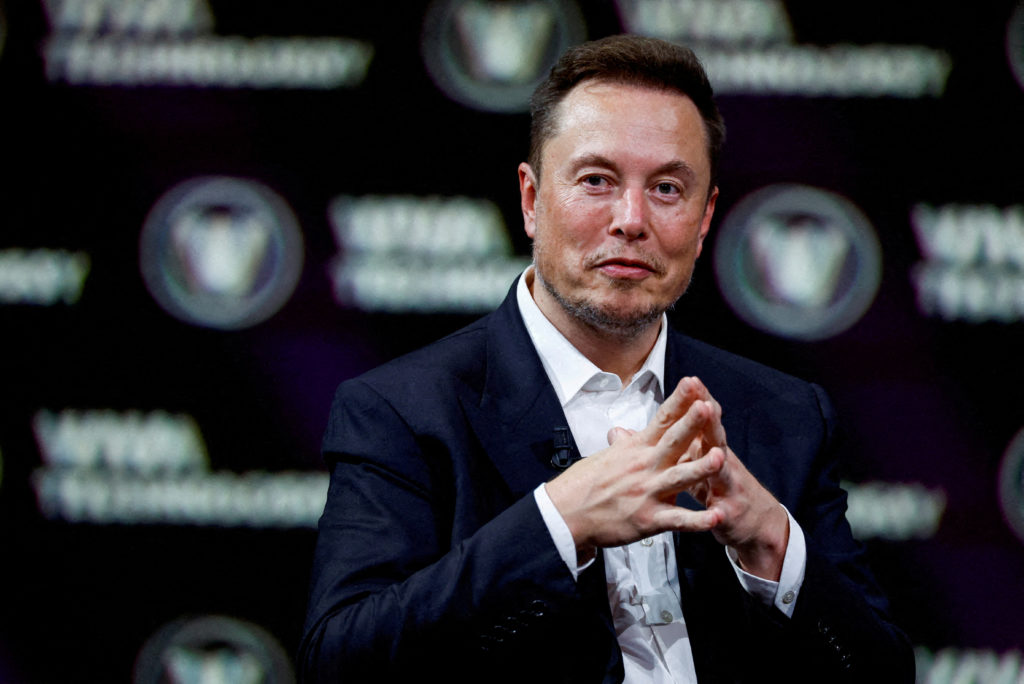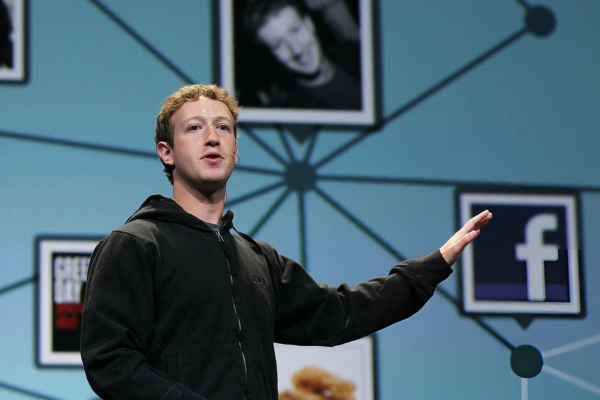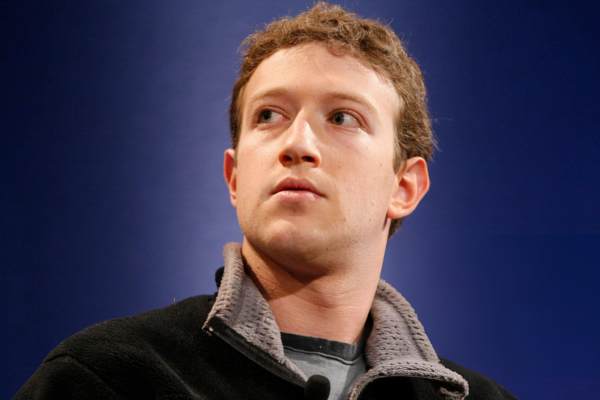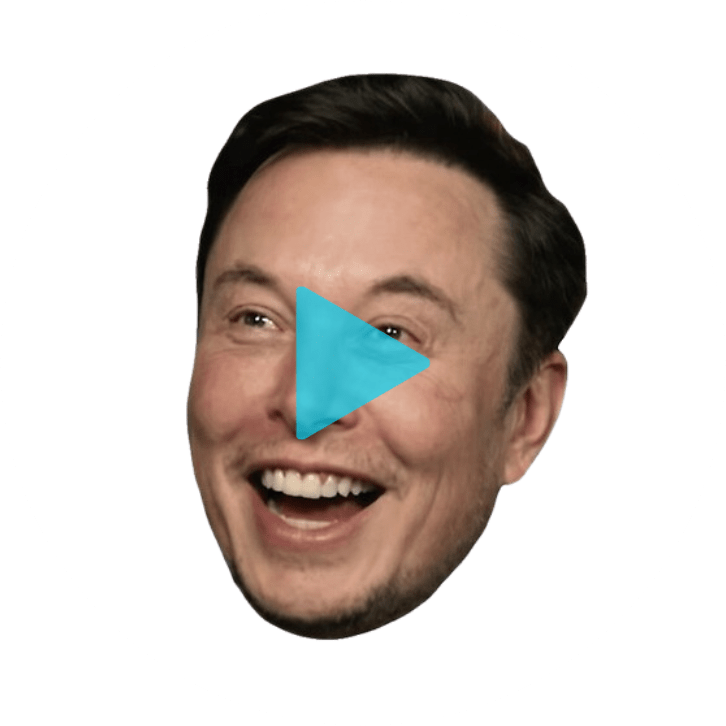Elon Musk, the enigmatic entrepreneur and CEO of companies like Tesla, SpaceX, and Neuralink, has captivated the world’s attention with his groundbreaking innovations. However, despite his remarkable achievements, he is also one of the most polarizing figures in modern business and technology. Many people admire Musk for his vision and ability to challenge the status quo, but there is also a significant portion of the population that harbors strong negative feelings toward him. So, why do people hate Elon Musk? Here are a few reasons that contribute to the widespread criticism.
1. Controversial Social Media Presence
One of the main reasons people dislike Elon Musk is his behavior on social media, particularly Twitter. Musk is known for his outspoken and sometimes erratic posts, which range from controversial political comments to jokes that some people find offensive. He has made headlines for mocking individuals, engaging in Twitter spats with critics, and even promoting misinformation. His tweets have also caused financial volatility in markets, leading some to accuse him of irresponsibility and poor judgment. For many, Musk’s social media antics undermine his status as a visionary leader.
2. Questionable Management Practices
While Musk has led companies that have revolutionized industries, his management style has often been described as abrasive, demanding, and, at times, borderline authoritarian. Stories of long hours, high stress, and Musk’s relentless expectations of his employees have fueled criticisms of his leadership approach. Additionally, his tendency to micromanage has raised concerns about whether his success comes at the expense of his employees’ well-being. Many former workers have expressed frustration with Musk’s demanding nature, which has led to the perception that he values results over people.
3. Unrealistic Promises
Elon Musk has made many bold statements about the future—some of which have not materialized as expected. From his claims about fully autonomous cars to ambitious timelines for Mars colonization, Musk often sets expectations that are not always met. While some people appreciate his grand vision, others see it as a pattern of over-promising and under-delivering. When promises are not fulfilled, critics feel Musk’s hype and optimism are more about creating headlines than creating tangible results.
4. Wealth and Income Inequality
Musk is one of the richest people on the planet, with a net worth that fluctuates in the hundreds of billions of dollars. While some view his wealth as a result of hard work and innovation, others see it as emblematic of the growing wealth inequality in the world. Critics argue that Musk’s immense fortune highlights the disparity between the ultra-wealthy and the average worker, particularly as Tesla’s stock prices soar and the working conditions for some employees remain contentious. Many view Musk’s wealth as a reflection of an economic system that rewards a select few while leaving the majority behind.
5. Perception of Elitism
Musk has often been perceived as out of touch with ordinary people. His ventures, like electric cars and space exploration, cater to niche markets or elite segments of society. His extravagant lifestyle, including his large homes and expensive toys, has fueled the perception that he is an elitist who is disconnected from the struggles of the average person. This sense of privilege doesn’t sit well with those who feel that Musk is more concerned with building his empire than addressing real-world problems like poverty or environmental degradation.
6. Political and Social Views
Musk’s political and social views have also made him a controversial figure. He has voiced support for various political ideologies, some of which contradict each other, leading to accusations of hypocrisy. His comments about freedom of speech, labor unions, and the COVID-19 pandemic have drawn criticism from all sides of the political spectrum. For some, his political positioning feels inconsistent and self-serving, while others see it as a sign of his unpredictability.
7. Disruption and Dismissal of Established Norms
Elon Musk’s approach to business often involves shaking up industries and challenging existing norms. While this disruption has led to groundbreaking innovations, it has also upset many established industries and their employees. For instance, Musk’s efforts to revolutionize the automotive and space industries have been met with resistance from traditional players who fear losing their dominance. Additionally, his outspoken nature and tendency to challenge authority has led to clashes with regulatory bodies and government officials, further fueling animosity toward him.
8. Treatment of Critics
Musk has been known to publicly engage with and criticize those who disagree with him. Whether it’s responding to negative reviews, confronting journalists, or calling out critics on social media, Musk doesn’t shy away from conflict. For some, this confrontational style is seen as unprofessional and immature. Instead of engaging in constructive dialogue, Musk often responds with sarcasm, insults, or deflections. This has only added to the perception that he is difficult to work with and unwilling to listen to opposing viewpoints.
Conclusion: A Divisive Figure
Elon Musk’s legacy is still unfolding, and while many admire him for his contributions to technology and his efforts to push humanity forward, others will continue to criticize him for his behavior and management style. The reasons behind why people hate Elon Musk are complex, encompassing his social media presence, management tactics, and broader political and economic views. Whether he is loved or loathed, one thing is clear: Musk has undeniably made an impact on the world, and his influence will be felt for years to come.






